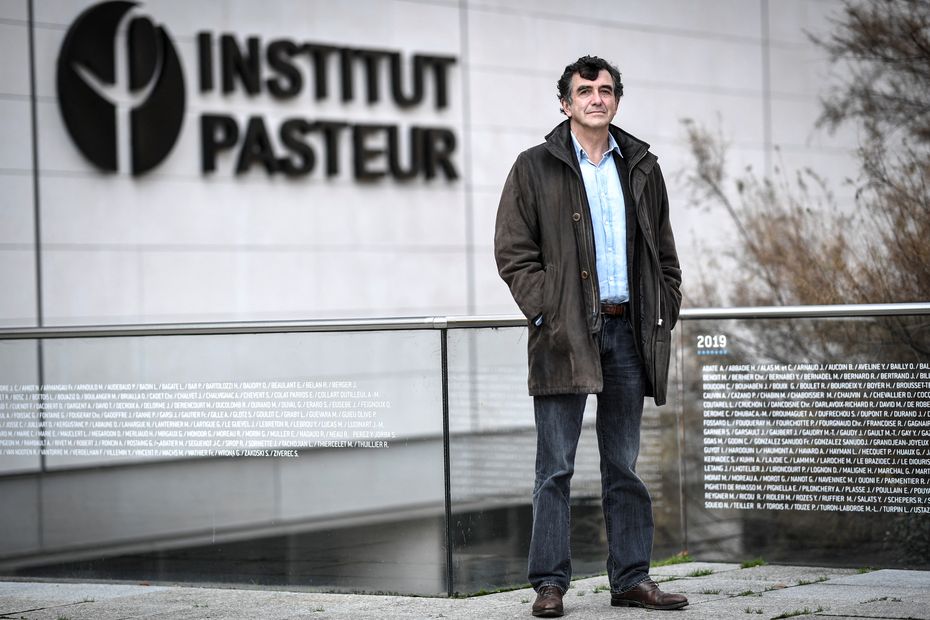The shelter for veterans who need acute care in our country is inadequate. That is the conclusion of the National Ombudsman Reinier van Zutphen, who is also Veterans Ombudsman. Last summer he started an investigation into emergency shelters, about which he regularly received complaints in recent years. A report was published today containing a number of points for improvement.
“First of all, there is a lack of information about where the places are for these people who urgently need emergency care,” says Van Zutphen in the newspaper. NOS Radio 1 News† It is also unclear, according to him, who can apply for the shelter. “Sometimes it is said that a family member is not allowed to do it and the veteran has to do it himself.” But as far as Van Zutphen is concerned, anyone who sends out a signal that a veteran is in trouble should be taken seriously.
“People should not be sent back and forth between the municipality on the one hand and the Veterans Institute on the other. It can be done better and faster,” says the ombudsman. For the report, he spoke with the Ministry of Defence, the Netherlands Veterans Institute (NLVi) and the umbrella organization of veterans’ drop-in centers, among others.
‘Bad to worse’
The parties with whom the ombudsman sat down have also put forward a number of solutions themselves to work “faster, better and more effectively”. And that, according to Van Zutphen, is desperately needed. “The word ’emergency shelter’ says it all: they are people who need urgent care. They can no longer stay at home. If they are not helped quickly, things will go from bad to worse.”
The ombudsman calls it an obligation to the veterans, because they have done important things for our country. For example, they have been traumatized in war situations, physically or psychologically. Recognition and appreciation are important, says Van Zutphen, but not as important as the care they should receive when they are in trouble. He therefore makes an urgent appeal for empty beds. “So that someone can be admitted very quickly and immediately. That is what is lacking.”
For example, there are stories of people who lived in a tent in the woods for a while, because they could not be helped. Or from veterans who are sometimes forced to rely on homeless shelters. “The signals that were issued were not understood by the government,” says the ombudsman. “The health, not only of the veteran but also of his family, is of great importance.”
Back to the table
In the report, Van Zutphen makes four recommendations. For example, better information should be provided about reception options, applications from, for example, friends and neighbors should also be processed, no distinction should be made between veterans in emergency shelters and they should be able to be accommodated for longer.
In the autumn, the ombudsman will examine how the recommendations have been implemented and what their effects are on emergency care for veterans. He then returns to the table with the parties involved.
–


